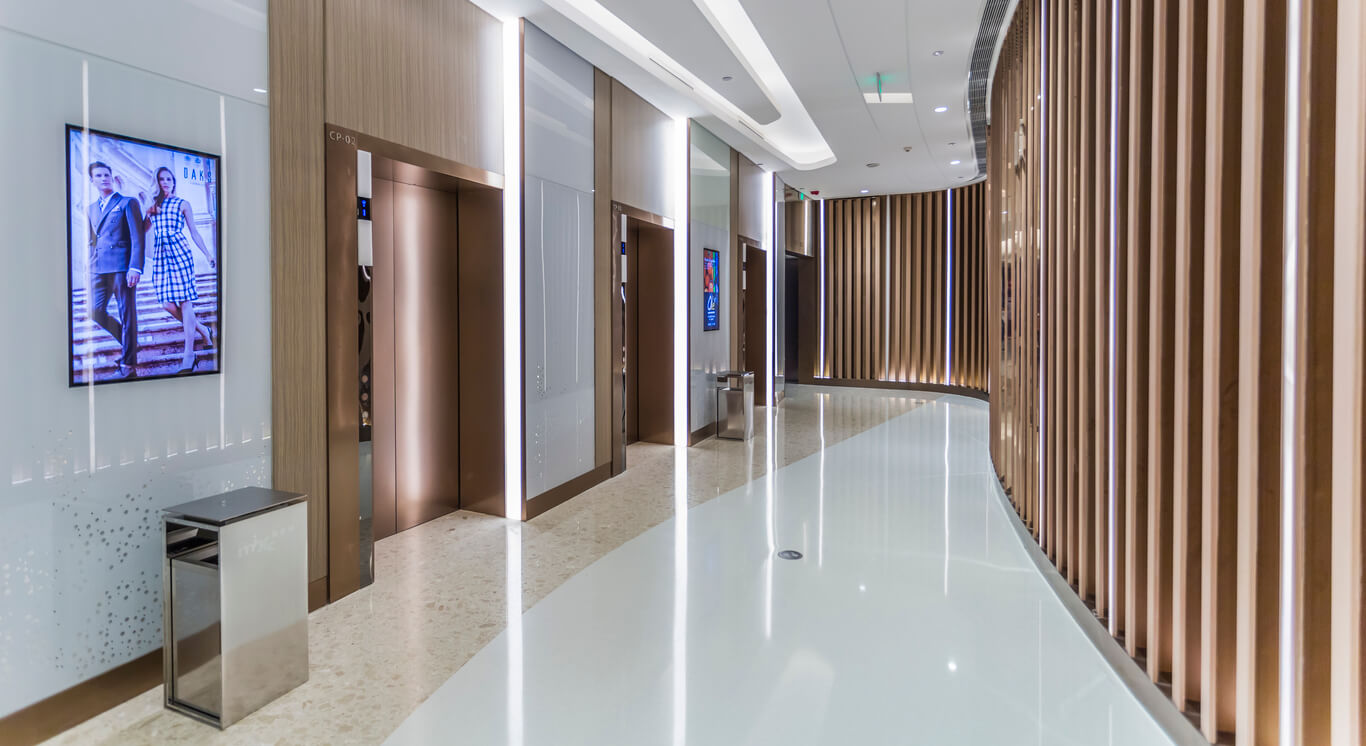Date Posted:28 February 2025

Why PH-Balanced Cleaning Chemicals Are Key for Hotel Maintenance
G'day mates! If you’re running a hotel or working in one here in South Australia, you’d know how crucial it is to maintain that pristine look and soothing atmosphere. One of the secret weapons in your cleaning arsenal should be pH-balanced cleaning chemicals. Let's have a natter about why these are essential for hotel maintenance.
Understanding pH in Cleaning Chemicals
First off, let's discuss what pH-balanced actually means. The pH scale ranges from 0 to 14, where 7 is neutral. Cleaning chemicals have their own place on this scale. Those below 7 are acidic, above 7 are alkaline, and right at the sweet spot of 7, they’re neutral or pH-balanced. It's crucial for cleaning because using products that are too acidic or too alkaline can harm surfaces and the overall environment.
The Benefits of pH-Balanced Cleaning Chemicals in Hotels
Protects Hotel Surfaces
One of the top benefits of using pH-balanced chemicals is their gentler nature on hotel surfaces. Whether it's the marble floors or the elegant wooden furniture, pH-balanced cleaners help preserve these surfaces, prolonging their lifespans. You wouldn’t want your luxe leather sofas looking faded or the delicate marble to etch away, would you?
Enhances Guest Experience
Imagine stepping into a hotel room that smells fresh, where every corner of the room looks spotless because it's been carefully maintained with the right cleaning agents. This directly impacts how your guests feel about their stay. The subtle shine on the surfaces, the dust-free ambiance, and the overall cleanliness create a positive memory for your guests.
Maintains Air Quality
South Australian air! Crisp, beautiful, and fresh. While pH-balanced cleaners keep surfaces clean, they also cut back on harsh vapours that can affect indoor air quality. This is crucial. The last thing you’d want is to greet guests with an overpowering scent that screams 'chemical'. A neutral pH cleaner tends to be less invasive on the olfactory senses.
A Comprehensive Guide to Key Cleaning Chemicals in Hotels
Daily Necessities
- Neutral Cleaners: Your go-to for daily dirt and grime removal, suitable for a wide range of surfaces without leaving unwanted residues.
- All-Purpose Cleaners: These are versatile heroes, covering everything from countertops to floors.
- Glass Cleaners: Keeps windows and glass surfaces sparkling, delivering that streak-free sheen that guests adore.
For Hygiene and Safety
- Disinfectants and Sanitizers: Essential for high-touch areas. In combating germs and bacteria, they contribute to a healthier space for guests.
- Bathroom Cleaners: Designed to combat stubborn soap scum and hard limescale, keeping bathrooms spruced up and hygienic.
Specialised Needs
- Carpet Cleaners: A saviour for removing stains and freshening up carpets.
- Floor Cleaners and Drain Cleaners: For those spotless floors and odour-free drains you always aim for.
- Laundry Detergents and Fabric Softeners: Keeping linens fresh, soft, and inviting, with a welcoming aroma.
Safety First: Protocols and Practices
Safety and hospitality go hand-in-hand. Using cleaning chemicals responsibly is crucial:
Comprehensive Training
Regular training sessions for housekeeping staff are non-negotiable. They cover the proper use of chemicals, safety protocols, and innovations in cleaning technologies.
Use Protective Equipment
Gloves, masks, and protective eyewear are part and parcel of ensuring safety among staff while handling cleaning chemicals.
Proper Ventilation
Ensuring areas are well-ventilated prevents accumulation of fumes and vapours, maintaining a healthy indoor atmosphere.
Best Practices for Hotel Cleanliness
Selecting the Right Products
Opting for certified pH-balanced cleaning products is a step towards safer, sustainable hotel operations. These are less likely to contain harmful irritants, aligning with eco-friendly practices.
Stick to Manufacturer's Guidelines
Following the guidelines ensures effective and safe use of cleaning chemicals. It's crucial for maintaining the quality and safety of hotel environments.
Guest Feedback
Your guests' feedback is vital. It not only helps identify areas for improvement but reassures you that your cleaning protocols meet their expectations.
Conclusion: The Case for pH-Balanced Cleaning
To wrap it all up, using pH-balanced cleaning chemicals in hotels isn't just about keeping things clean—it's about elevating the guest experience while protecting your investment in quality furnishings and installations. By choosing these smart cleaning solutions, hotels can maintain high standards of cleanliness and safety, ensuring every guest feels like they've found a real home away from home. Cheers to sparkling clean hotels and happy guests all around!
